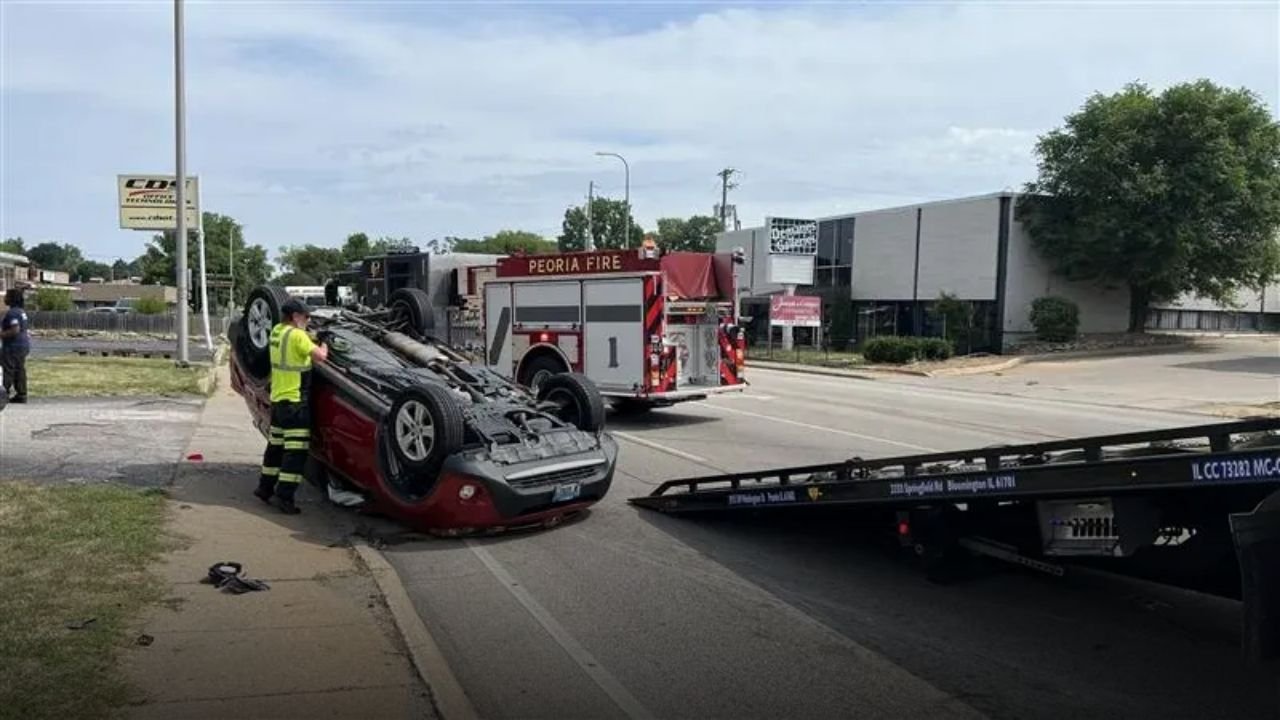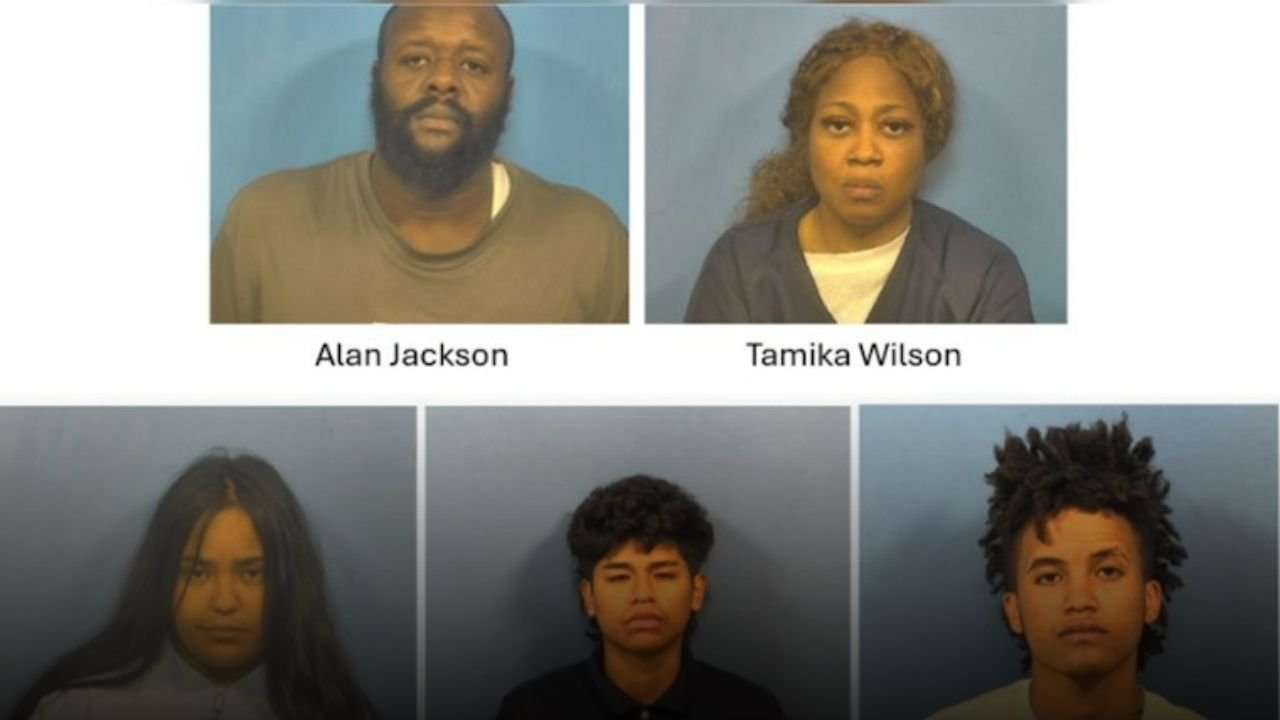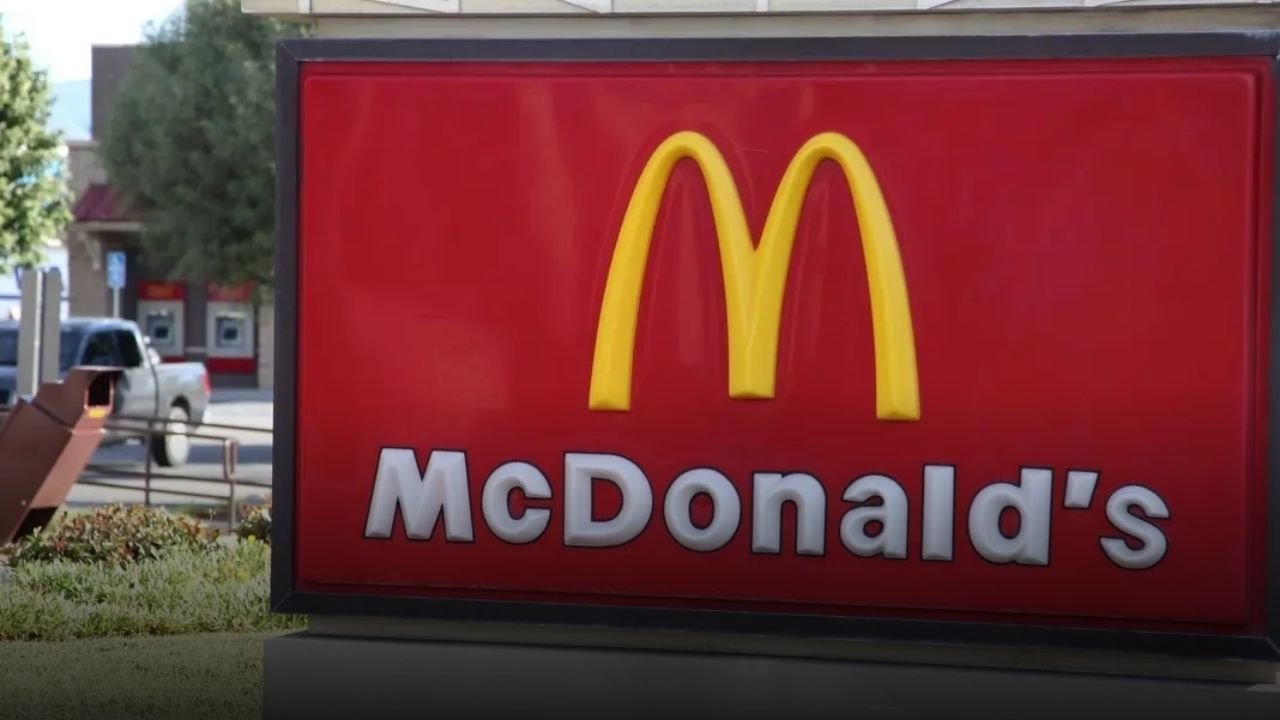CHICAGO — New legislative moves in Ohio aimed at cracking down on SNAP (Supplemental Nutrition Assistance Program) fraud and limiting what recipients can buy have sparked widespread concern among social service advocates and low-income families—not just in Ohio, but across the Midwest. As debates heat up over food insecurity and government benefits, many Illinois families are asking: Could these changes be coming here next?
The proposed bills—House Bill 162 and House Bill 163—include sweeping changes like banning SNAP purchases of items such as soda, candy, and energy drinks. Another measure focuses on tightening fraud prevention through chip-enabled EBT cards and requiring in-person interviews.
These bills arrive as a 30% federal cut to SNAP benefits already takes effect nationwide, further straining resources for struggling families.
What’s in the Ohio Bills?
HB 162 proposes to restrict SNAP usage to healthier food options, echoing past efforts that failed to gain federal approval. The bill would ban SNAP users from buying:
- Soda and sugary drinks
- Energy drinks
- Candy
- Chips and other snack foods
The bill’s sponsor, Rep. Scott Wiggam (R-Wayne County), argues that the intent is to promote nutrition among recipients and reduce taxpayer burden.
Meanwhile, HB 163 aims to curb fraud in the SNAP system, citing over $17 million in benefits stolen in recent EBT skimming schemes across Ohio.
Key elements include:
- EBT cards must include fraud-preventing chip technology
- Counties must conduct more in-person interviews
- Re-verification steps will become stricter
Proponents believe these changes will improve accountability. But critics fear they may unfairly penalize those who already struggle to access food.
“People experiencing hunger and poverty are not trying to cheat the system—they’re trying to survive,” said Joree Novotny, Executive Director of the Ohio Association of Foodbanks.
Why Illinois Residents Should Pay Attention
Though these are Ohio-specific bills, advocates in Illinois are on alert. Historically, state-level reforms in one Midwestern state often inspire others. With food insecurity rising, budget constraints tightening, and federal cuts already affecting households, Illinois lawmakers could consider similar actions in the coming year.
More than 1.8 million Illinoisans rely on SNAP benefits, according to the Illinois Department of Human Services. Any effort to restrict or re-verify their access could have widespread impact.
“We’re already seeing increased demand at food pantries, especially after the pandemic-era boosts were rolled back,” noted Anne Wright, a program manager at a suburban Chicago food outreach center. “If Illinois tried to follow Ohio’s model, many families wouldn’t make it through the month.”
The SNAP Fraud Problem: Real or Exaggerated?
While there’s no denying fraud exists, many social service workers argue that fraud incidents are rare and often unintentional.
In Ohio, most of the cited $17 million in losses stemmed from external theft, such as illegal card skimming and not recipient wrongdoing. Still, critics say tighter oversight should target banks and card vendors rather than placing additional burden on low-income users.
The proposed chip cards could be a step in the right direction for fraud prevention. But policies like in-person interviews and multiple re-verifications risk making the process too burdensome.
“Instead of making it harder for hungry people to eat, we should be investing in the tools to modernize the system,” said State Rep. Juanita Brent (D-Ohio).
Local Leaders Weigh In
Illinois lawmakers haven’t yet introduced similar bills, but Chicago-area advocates are urging proactive discussions.
Community organizations, especially those serving predominantly Black and Latino neighborhoods, stress that access to affordable food is already unequal—and bills like these would deepen that divide.
“Our neighborhoods face the highest rates of grocery deserts, and now you’re telling families they can’t buy a bag of chips or juice for their kid? It’s just unrealistic,” said Tanya McNeal, director of the West Side Food Coalition.
Some food banks, however, welcome increased fraud prevention efforts, noting that their operations are often jeopardized when public trust in benefit programs erodes.
What Happens Next?
Ohio’s bills are currently moving through the state legislature. If passed, they could be signed into law later this summer. As states look for ways to trim budgets, especially in the face of federal funding reductions, it’s likely we’ll see similar policy proposals in other states, including Illinois.
Social policy experts suggest monitoring developments closely and voicing public input during early proposal phases.
“Once these kinds of bills pass in one state, they become templates,” said Karen Cruz, policy analyst at Midwest Policy Review. “It’s just a matter of time before other states pick them up.”
Could This Affect You?
If you’re one of the millions of Illinois residents who rely on SNAP benefits, stay informed. Any shift in eligibility, re-verification, or purchase restrictions could impact your household budget.
For community organizations, now is the time to build advocacy coalitions, educate clients, and prepare for potential state-level policy shifts.
What Do You Think?
Do you support stricter fraud prevention efforts even if they come with tighter requirements? Or do these bills unfairly target struggling families?
Let us know in the comments. Your voice could help shape how Illinois approaches SNAP reform in the months ahead.














